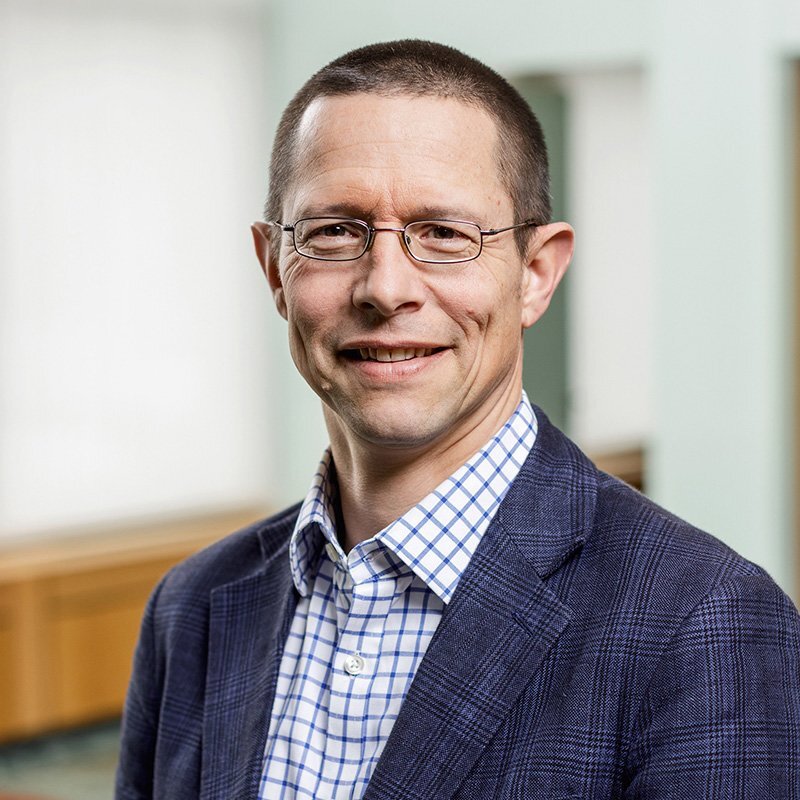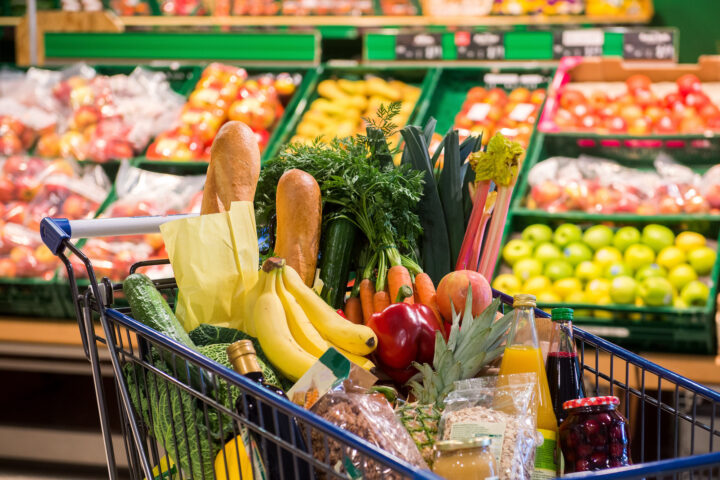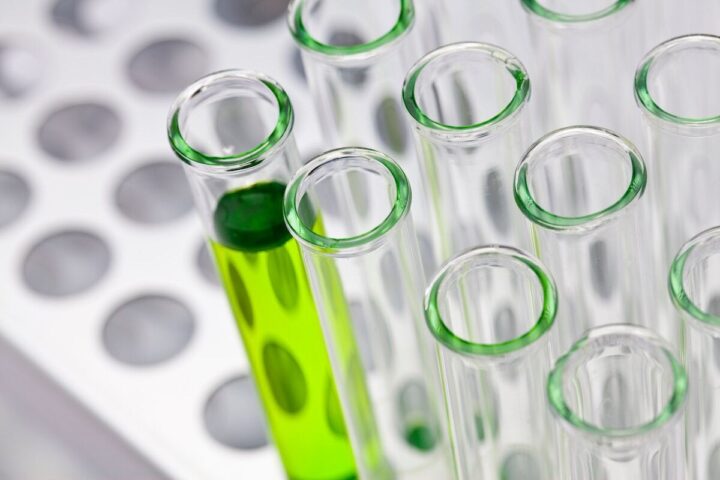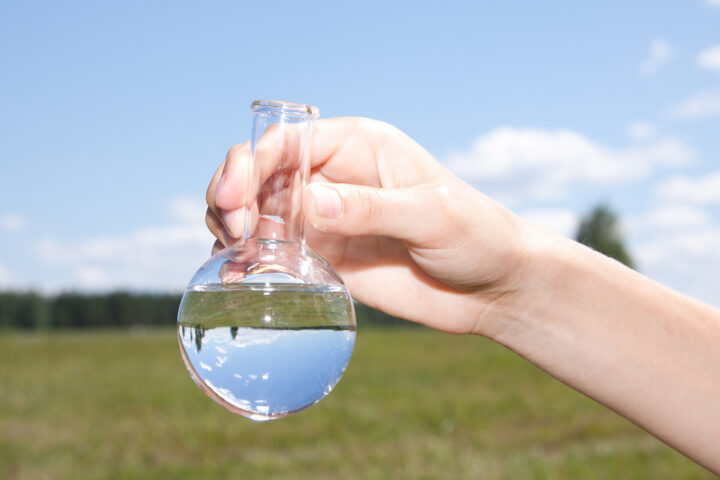
«People don't know what chemistry is»
People often discuss pesticides and biocides. «Pesticides are chemistry and chemistry is poison», is often said. According to Dominique Werner of scienceindustries, the negative attitude often has to do with ignorance. For example, many people are not aware of how many products they use in everyday life that can only be produced with the help of chemical processes. «Ultimately, everything around us is chemistry,» he says in the Swiss-Food Podcast.
Friday, April 16, 2021
Content in German
Die Skepsis vieler Konsumentinnen und Konsumenten gegenüber Pestiziden ist für Dominique Werner teilweise nachvollziehbar: «Bei vielen Menschen fehlen die Kenntnisse zum Thema. Man möchte ja schliesslich keine Dinge essen, von denen man keine Ahnung hat.» Doch die Behandlung von Pflanzen mit Pflanzenschutzmitteln ist per se nichts Schlechtes. Pestizide sind enorm wichtig, um Verluste in der Wertschöpfungskette vom Landwirt bis zum Konsumenten zu verhindern. Zudem sind Pestizide auch für die Sicherheit der Konsumenten entscheidend, indem sie Produkte länger haltbar machen und vor Befall mit potenziell gefährlichen Krankheitserregern schützen.
«Unser Alltag wimmelt von Chemie»
Es braucht bei Konsumenten ein besseres Verständnis davon, was Chemie ist und wo überall Chemie drin ist. «Viele Leute behaupten, dass sie mit Chemie nichts zu tun haben», sagt Werner. Dabei ist jeder Fensterreiniger auf Zitronensaftbasis Chemie. «Die Zitronensäure in solchen Produkten wird nicht aus Zitronen gepresst. Sie wird heute biotechnologisch in industriellem Massstab hergestellt.» Auch Schimmelmittel bestehen in der Regel aus Javelwasser und werden in industriellen Prozessen hergestellt. Entkalkungsmittel mit Salzsäure oder Schwefelsäure werden mittels chemischer Prozesse hergestellt. «Es wimmelt in unserem Alltag von chemischen Produkten. Auch unsere Nahrungsmittel selbst sind letztlich nichts anderes als Chemikalien. Alles um uns herum ist Chemie», gibt Dominique Werner zu bedenken.

Dominique Werner ist Leiter Chemikalienrecht bei scienceindustries, dem Branchenverband der chemischen, pharmazeutischen und biotechnischen Industrie.
Der Podcast von swiss-food
Der Podcast ist zu hören auf Spotify, Amazon Music oder Google Podcasts. Falls Sie eine andere Podcast-App nutzen, suchen Sie einfach nach «swiss-food» oder nutzen Sie den RSS-Feed (Browser-Link kopieren).
Related articles

«Food is safer than ever»
The eating habits of the population have changed greatly in recent years. There is a trend towards healthy and sustainable nutrition. But at the same time, many consumers are also unsettled.
Content in German

«Synthetic equals toxic? Wrong!»
When shopping for food on a daily basis, we often rely on our gut feeling. This can be very useful and save us a lot of thinking. But when it comes to assessing risks, our gut feeling can also be deceptive. Angela Bearth, a behavioural psychologist at ETH Zurich, explains why this is the case in the swiss-food podcast.

«You cannot vote on science»
Resistance to new technologies is currently booming. In the case of green genetic engineering, politicians are also finding it difficult to deal with new technologies in a forward-looking way. But where does this fear of new things come from? Ludger Wess, science journalist and molecular biologist, talks about this in the Swiss-Food Podcast.
Content in German

Pesticides in Green Smoothies
After countless recipes for Christmas cookies, festive roasts and cocktails, the advice on losing weight, detoxing and beautifying oneself now takes centre stage. Most of it is sheer nonsense.

